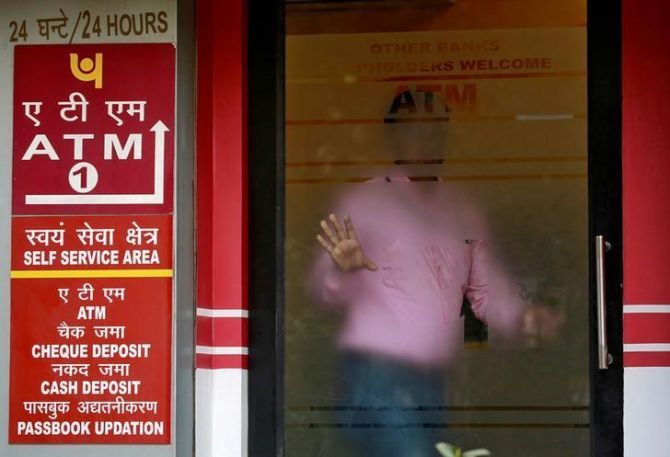However, the road to profitability has already hit some hurdles for the Delhi-based bank as the Union government has rejected its demand for an additional capital infusion of around Rs 8,000 crore in 2018-19

Fraud-hit Punjab National Bank (PNB), which recently reported the highest-ever loss by any domestic bank in history, is aiming to clock its largest-ever quarterly profit of Rs 5,500 crore in the July-August period this financial year.
However, the road to profitability has already hit some hurdles for the Delhi-based bank as the Union government has rejected its demand for an additional capital infusion of around Rs 8,000 crore in 2018-19, sources said.
Submitting its turnaround plan last month, PNB has told the department of financial services (DFS) and the Reserve Bank of India (RBI) that it is eyeing an ambitious net profit of Rs 5,500 crore in the second quarter, according to documents reviewed by Business Standard.
This will mean a huge recovery from the Rs 13,400 crore net loss reported by the bank in fourth quarter of 2017-18, owing to the Rs 14,300 crore swindle on account of fraudulent loans to jewellery firms belonging to Nirav Modi and Mehul Choksi and the Reserve Bank of India (RBI)’s new provisioning norms.
The highest quarterly net profit reported by PNB stood at Rs 1,420 crore in January-March 2012.
PNB had sought Rs 80 billion in the form of capital support from the Union government in 2018-19.
However, the DFS is not keen on pumping in additional money into the fraud-hit bank and it has instead asked the management to focus on selling non-core assets, shedding risk-weight assets and improve recovery to clock profitability, sources said.
PNB’s demand for an additional capital comes on the back of the expected hit of Rs 100 billion in the present financial year due to the fraud-related provisions, mark-to-market losses (due to high yields impacting the market value of investment book), provision on insolvency and bankruptcy code, among others.
In the fourth quarter of 2017-18, PNB had to make a provisioning of Rs 10,200 crore in its books because of the RBI’s new stressed assets resolution norms and a sum of Rs 7,180 crore towards the fraud, which is half the amount involved in the scam.
“Additional capital infusion, apart from the second round of recapitalisation due this financial year, in PNB is unlikely,” said a senior finance ministry official.
Last year, PNB received Rs 5,470 crore from the Union government, under the first round of public sector bank recapitalisation.
Recently, rating agency Moody’s Investors Service said PNB will need Rs 12,000 crore-13,000 crore in 2018-19 to meet regulatory requirements, while downgrading its rating.
PNB has planned to substantially bring down net non-performing assets (NPA) to 5.96 per cent by March 2019 from 11.24 per cent in March this year.
A net NPA of above six per cent is itself a trigger for the RBI to put PNB under its prompt corrective action (PCA) framework - to restore its health - that will somewhat restrict its ability to expand.
Though the RBI may take a call on whether PNB’s financial conditions warrants putting it under PCA, the Delhi-based bank is taking early steps to cut down expenses.
For instance, it has put a freeze on fresh hiring and plans to close down 634 unviable ATMs across the country.
In 2017-18, PNB had shut 506 unviable ATMs, as per the RBI data.
Overall, the bank will aim to cut down operating expenses by 10 per cent, as per its roadmap for revival.
Further, it plans to reduce the risk-weighted assets by Rs 23,000 crore and has targeted return on assets at 0.14 per cent by March 2019 from a negative return at end of March 2018.
In a bid to prevent slippages, the amount of loans that turns from good to bad, PNB has strengthened its loan monitoring system and launched an internal mobile application known as PNB MTOUCH.
The bank management has told branch officials to visit the borrower’s residence or business premises regularly and persuade them to repay the overdue from day 1.
Photograph: Saumya Khandelwal/Reuters












 © 2025 Rediff.com -
© 2025 Rediff.com -